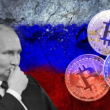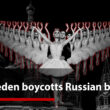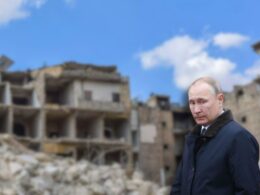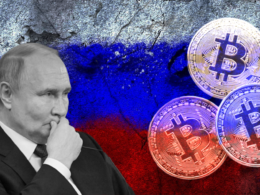Implicit in this argument is the view that Russia has the ability to sustain the war for many years to come.
Meanwhile, it is noted that Russia’s military economy is hitting its limits. This was reported by Foreign Policy, citing OSINT analysts.
“Signs that official data are concealing severe economic difficulties caused by both the war and sanctions are becoming increasingly evident”
Kremlin cannot expand production fast enough to replace weapons at the rate they are being lost on the battlefield. Already, about half of all artillery shells Russia uses in Ukraine are sourced from North Korean stockpiles. At some point in the second half of 2025, Russia will face a severe shortage of several categories of weapons,” the article states.
When Russia will hit the end of the road with each equipment type. But there is little the Kremlin can do to stave off that day, the publication assuring.
Furthermore, it is noted that Russia will not only be unable to sustain the war for long but also will struggle to “easily make peace.”
“Huge military expenditures, which are unsustainable in the long term, are artificially stimulating employment and growth. Nearly all new jobs are tied to the military and offer little benefit to the civilian economy, where most sectors are struggling with severe labor shortages.
The scale of Russia’s post-war recession will be even worse, as the country’s civilian economy, especially small and medium-sized businesses, has contracted due to the war,” the publication emphasizes.
As Foreign Policy concludes, Russian leaders face an unappealing set of dilemmas of their own making: “Russia will not be able to continue the current war beyond the end of 2025, when it begins to run out of key weapons systems. However, signing a peace agreement creates a different set of challenges.”
Ultimately, the Kremlin will have to face with an unenviable set of dilemmas:
- Reducing the armed forces and the defense industry, which would trigger a recession that could threaten the regime;
- Maintaining high defense spending and an oversized peacetime army, which would stifle the Russian economy;
- Using the military to acquire the economic resources needed to sustain it through new conquests.
“The cessation of full-scale fighting in Ukraine will not end the West’s problems with Russia.The enormous military sector of the Russian Federation incentivizes the Kremlin to use its armed forces to extract rents from neighboring states. The alternatives (demobilization and recession or endless funding of an inflated military and defense industry) pose existential threats to Putin’s regime.
“However Russia ends its current war, the country’s economic realities alone will generate new forms of insecurity for Europe. Far-sighted policymakers should focus on mitigating these future threats, even as they focus on how the current round of fighting in Ukraine will end.” Foreign Policy summarized.
Oleksiy Zagorodnyuk contributed to this article.








